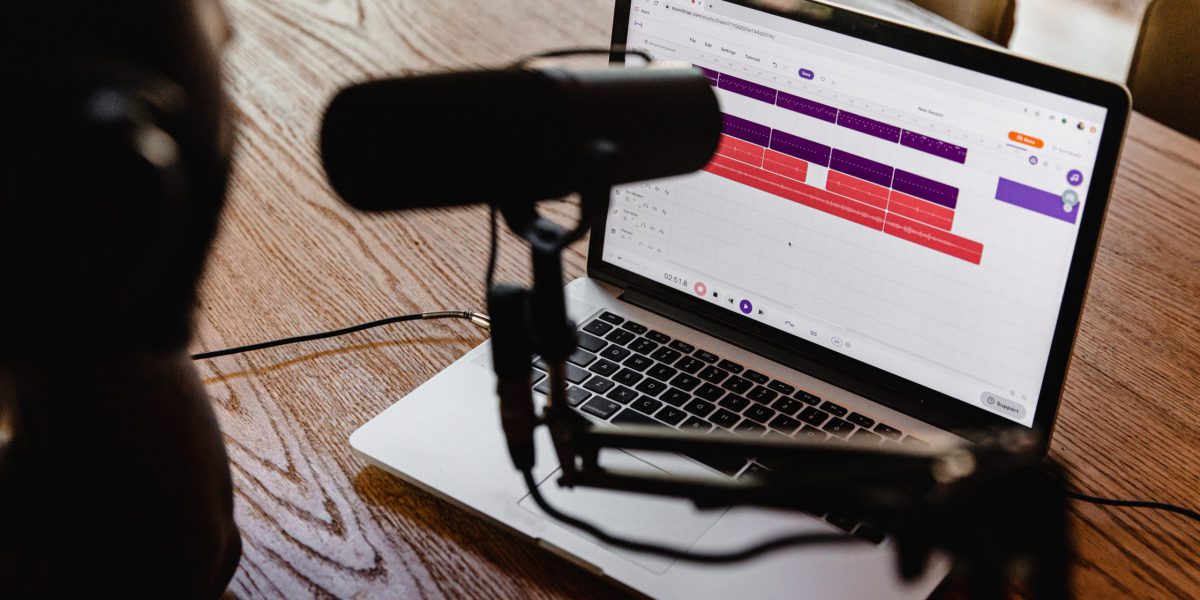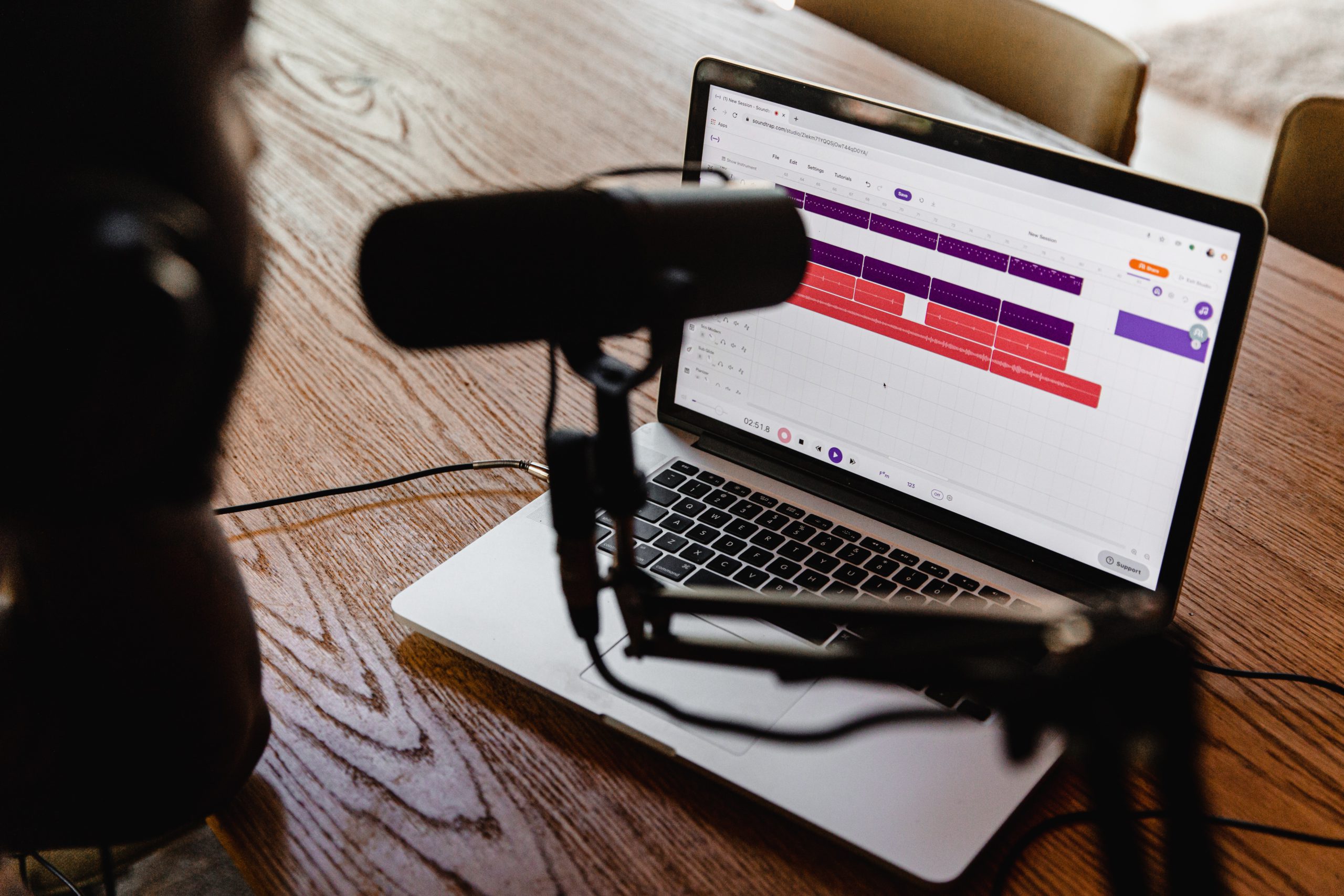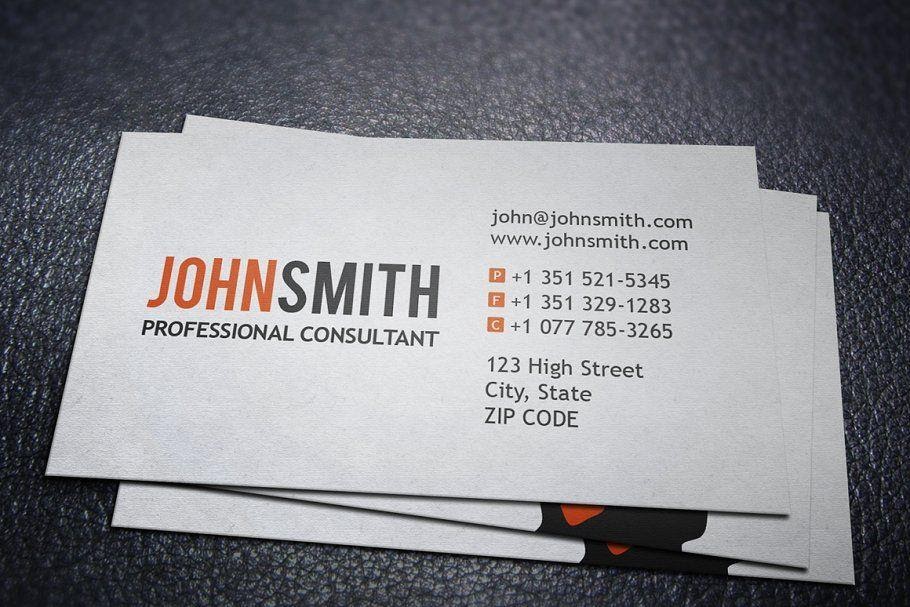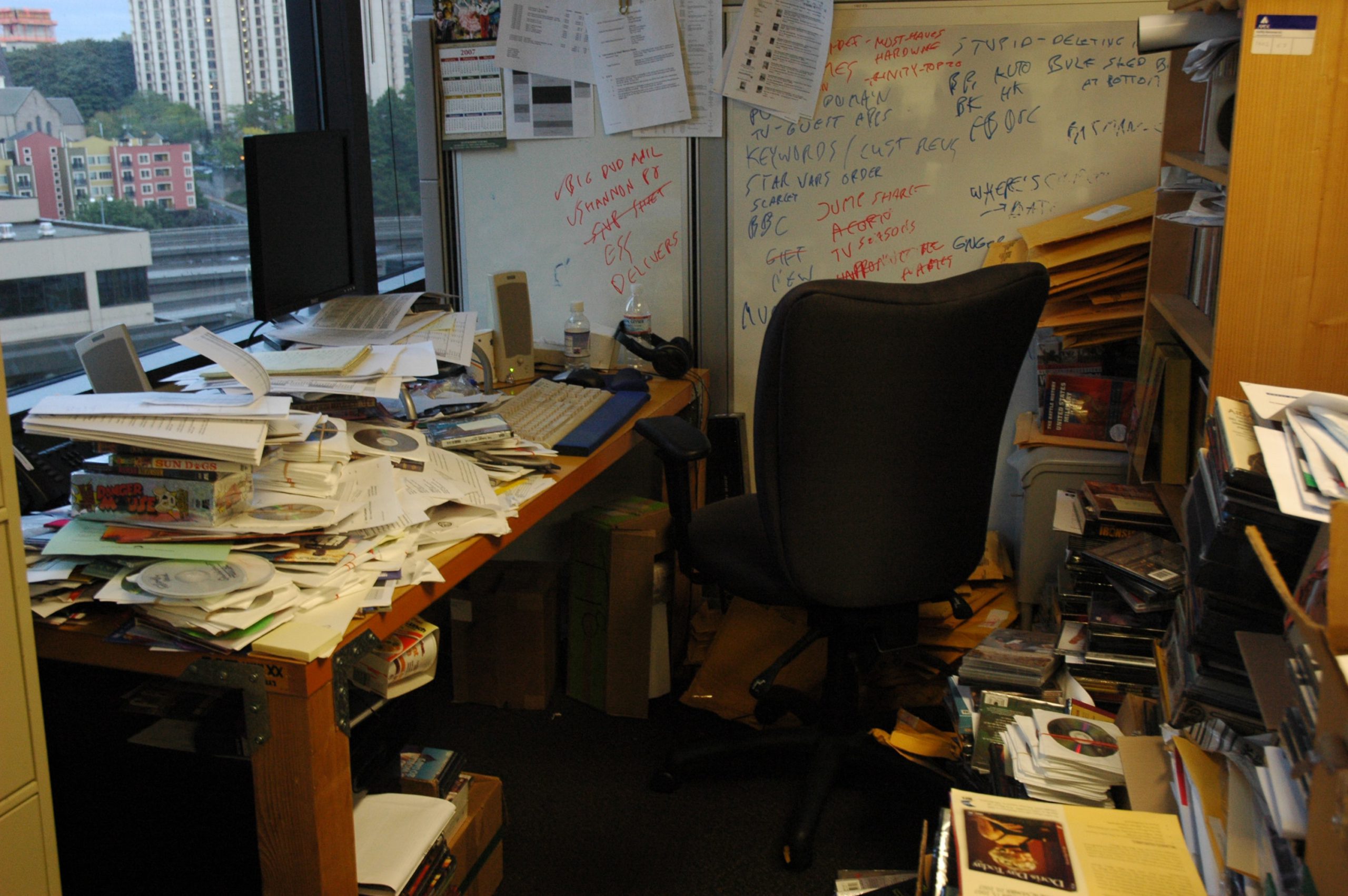According to Listen Notes, there are over 2.5 million podcasts. Creators like Joe Rogan and Tim Ferriss have built their businesses by podcasting and making millions of dollars. You may never be like Joe or Tim, but a podcast can be an excellent addition to your business if you go about it the right way. I’ve had a podcast since January 2019, and of this writing, I have published 134 episodes.
In this article, I’ll discuss the right reasons to do a podcast, how to get a podcast off the ground, and how to stay consistent in publishing episodes, even when you are overwhelmed with running your business.
The right reasons to do a podcast
For coaches and consultants, there is only one reason to start a podcast – Marketing. Marketing is all the activities you do to attract and keep customers. A well-produced podcast targeted at a specific audience is a powerful marketing tool.
Get exclusive tips, tools, and invitations to complimentary MasterClasses to support your success as a coach.
I’ve been astonished at how effective the show is at establishing authority
It helps people to get to know me, trust me, and like me. It has directly led to me landing many new customers. It’s fantastic when they reach out to chat with me, and we speak for the first time on the phone. In many cases, they’ve been listening to my show for years, so they feel like they know me and are talking to a friend. It helps to speed up the sales process.
It has also helped me keep customers.
Just this week, one of my clients mentioned the value he gets from listening to the show. In addition, I’ve had many of my clients on my show as guests, which has helped me develop my relationship with them.
A podcast is not about getting rich and famous
I don’t have any advertising on my podcast, and I’m not looking for any. It’s unlikely that you’ll become well-known outside of your niche, and that’s ok. Your goal is to be recognized in your niche as a trusted authority that provides consistent, relevant value to your target audience.
Now that we’ve covered the right reasons to do a podcast, let’s look at how to get your podcast off the ground.
You have a built-in advantage when it comes to starting a podcast
If you’ve never done a podcast before, you may be unsure if it’s worth the time, effort, and money it will take to get it launched. To help you decide, consider this: As an executive coach, you get paid because of your ability to ask insightful questions, listen carefully to the answers, notice the interesting aspects of someone’s response, and guide the person to reveal more about themselves. These skills translate beautifully to an interview-based podcast.
If you can secure guests that appeal to your target market, all you have to do is apply the skills you already possess, interview the guests, and be delighted by the quality of the content you produce.
When you first start, it will feel awkward.
You’ll be self-conscious, and you may publish some sub-par episodes. Don’t worry about it. When I launched my show, I set a goal of doing 500 episodes. I figured this would be plenty of time to work out the bugs, grow my skills, build a following and provide killer content to my target market.
Keep the tech side simple.
All you need is good audio recording equipment, a Zoom account to record interviews online, and a halfway decent camera. The audio is the most critical part. I’ve invested in a Zoom H6 Portable Recorder (find it on Amazon). I can take it on the road to record if I need to, but most of the time, it is plugged into my PC, connected to an ordinary microphone, and gives me excellent audio quality.
Have fun with your show
The nice thing about making a long-term commitment to anything is that you have time to develop. Play with your show. Figure out what format you like the best. Solo shows or interviews. One-on-one interviews or group interviews. In-person or over Zoom. It can be whatever you want it to be. As long as you provide quality content to your target audience, you’ll be pleased with the results.
Finally, let’s look at how to stay consistent
It’s one thing to launch, it’s another to fly
In 2020 over 85,000 podcasts died. That is, they stopped publishing. Consistently publishing is the key to success in the podcasting game. I am 134 episodes into mine and have published every week since January 2019. Here’s how I’ve done it.
Hunt for guests
Construction is my niche, and I have a clear picture of the people I’m targeting with my podcast. I focus my search for guests in and around my niche. I use LinkedIn and Twitter to reach out to people whom I’d like to have on the show. I search for business books that are being published and contact the authors. I ask my clients and potential clients to come on the show. I treat getting guests as a sales process. Consistent outreach will lead to a full roster of interviews.
Record in batches
I only do interviews on Fridays. I like the end of the week because I’m a little looser, and it gives me time to prepare for my guests during the week. Set aside an hour for each guest. Find and use an interview template to help keep yourself and your interviewee on track.
Get creative with your content
The content for most of my solo shows starts with a coaching conversation. A client has an issue; we discuss how to solve it, the client commits to action. After the call, I note how the client reached a resolution and what coaching framework I used to help them. I then turn that into a three- or four-minute video that I publish to my social media channels framing the issue in a general way for my target audience. Then I transcribe the video and turn it into a blog post. Then I take the blog post, embellish it, and record a 20–30-minute podcast about the topic. Try that process; it’s very effective.
Pay someone to produce it for you
I can’t emphasize this enough. My billing rate is $1,000/hour. I pay my podcast producer $2,000/month to produce four episodes. If I produced them myself, it would take me at least 8 hours a month and drive me crazy. Having skin in the game in the form of a monthly payment helps me stay disciplined in getting episodes complete. All I do is record episodes, upload them to a shared Google Drive file and let my producers do the rest. Audio production, show notes, show publishing, publishing to my website and social media sites, everything. I spend $24,000/per year producing my show. My goal is to break even. I’ve exceeded that goal each year. I know some of you may not be at the point where you are comfortable spending that kind of money on a podcast. I encourage you to suck it up and spend the cash. It’s worth it.
If you want a couple of recommendations for podcast producers, reach out to me on my website and I’ll point you in the right direction.
But are podcasts really for me?
Perhaps not. If you can’t afford to have someone else produce it, keep building your business until you can. If you don’t have the time to do it, work on your time management. If you don’t think you have the skill, you are wrong. You do. I started unsure and insecure and without any of the tech stuff down, but I feel like I’m beginning to hit my stride after a couple of years. In my first month, the show was downloaded 71 times. Last month it was downloaded 6,852.
Here is a chart of my downloads since I started in 2019.
My podcast is a perfect fit for my business philosophy
I’m committed to playing long-term games with long-term people. Plus, it’s a lot of fun to do. Keep in mind, if you are going to launch, do it for the right reasons, get it launched right, and stay consistent. Make sure you have a niche, purchase some equipment, and please pay someone else to produce your show.
Whether you get 1,000 downloads a month, or 100,000, you’ll find that having a podcast will make a tremendous positive impact on your coaching business.







